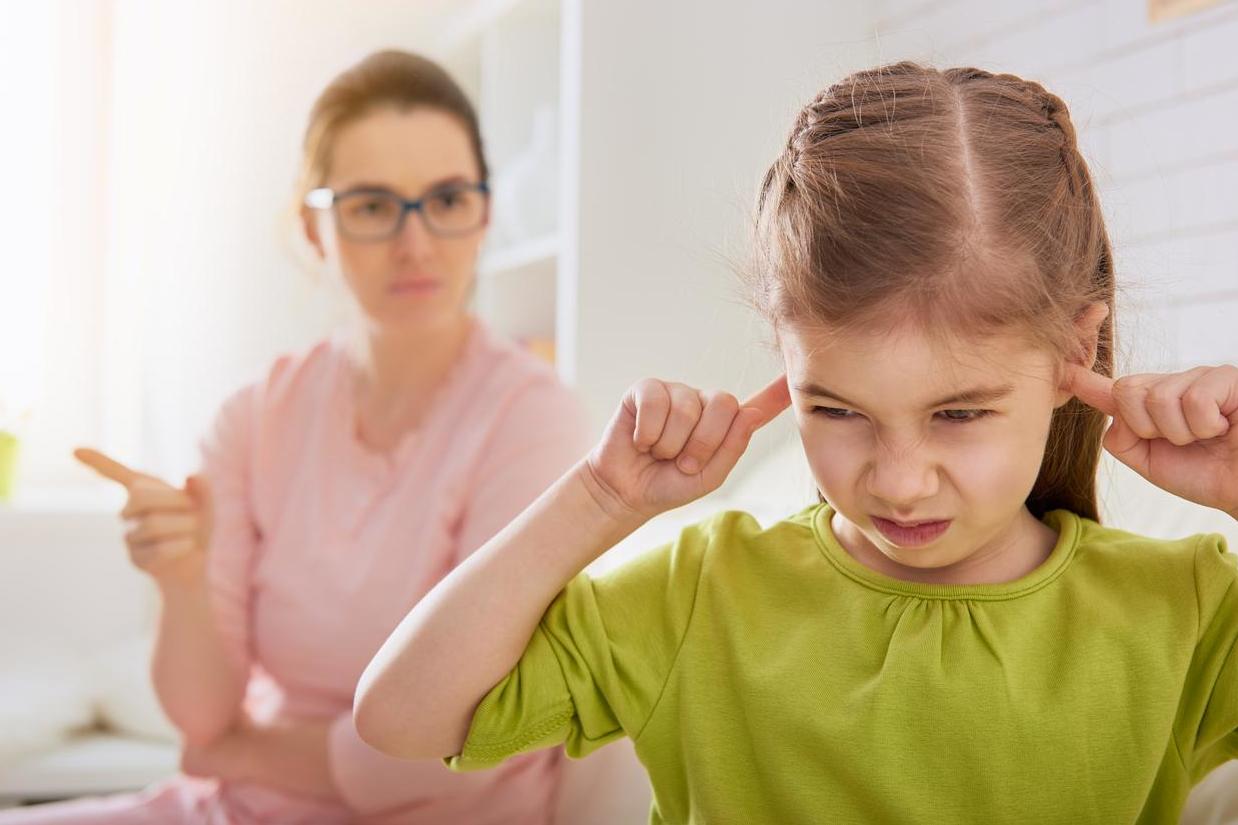'Helicopter parenting' linked to behavioural problems in children, finds research
The study suggests that being too controlling could actually do more harm than good

Your support helps us to tell the story
From reproductive rights to climate change to Big Tech, The Independent is on the ground when the story is developing. Whether it's investigating the financials of Elon Musk's pro-Trump PAC or producing our latest documentary, 'The A Word', which shines a light on the American women fighting for reproductive rights, we know how important it is to parse out the facts from the messaging.
At such a critical moment in US history, we need reporters on the ground. Your donation allows us to keep sending journalists to speak to both sides of the story.
The Independent is trusted by Americans across the entire political spectrum. And unlike many other quality news outlets, we choose not to lock Americans out of our reporting and analysis with paywalls. We believe quality journalism should be available to everyone, paid for by those who can afford it.
Your support makes all the difference.Children with over-controlling parents more likely to struggle in school due to an increase in bad behaviour, a study has found.
Researchers at the University of Minnesota said so-called “helicopter parenting” could negatively impact a child’s emotional wellbeing, leaving them less able to control their impulses and cope in social situations.
Instead, they suggest that children who learn to handle challenging situations without the interference of parents will have more success later in life.
“Our research showed that children with helicopter parents may be less able to deal with the challenging demands of growing up, especially with navigating the complex school environment,” said lead author Nicole Perry, from the University of Minnesota.
“Children who cannot regulate their emotions and behaviour effectively are more likely to act out in the classroom, to have a harder time making friends and to struggle in school.”
The study, published by the American Psychological Association in the journal Development Psychology, examined the parenting and behaviour of 422 children and their parents in the US and Switzerland.
At the age of two, mothers and their children were invited into the laboratory and asked to play with a selection of toys for four minutes and then put them away over the next two minutes.
The sessions were recorded and researchers rated to what degree the mother tried to take over the task.
Then, at the age of five, the team looked at the children’s responses to an unfair share of sweets, and their ability to solve a puzzle under time pressure.
Finally, at the age of 10 the children were quizzed on their attitudes to school and teachers as well as emotional issues.
The research discovered that “helicopter parenting” at the age of two was associated with bad behaviour and poorer emotional wellbeing by the time children reached the age of five.
Meanwhile, those better able to regulate emotions at this age were more likely to have better social skills and be more productive at school by the age of 10, the study said.
“Children who developed the ability to effectively calm themselves during distressing situations and to conduct themselves appropriately had an easier time adjusting to the increasingly difficult demands of pre-adolescent school environments,” said Dr Perry.
“Our findings underscore the importance of educating often well-intentioned parents about supporting children’s autonomy with handling emotional challenges."
Join our commenting forum
Join thought-provoking conversations, follow other Independent readers and see their replies
0Comments